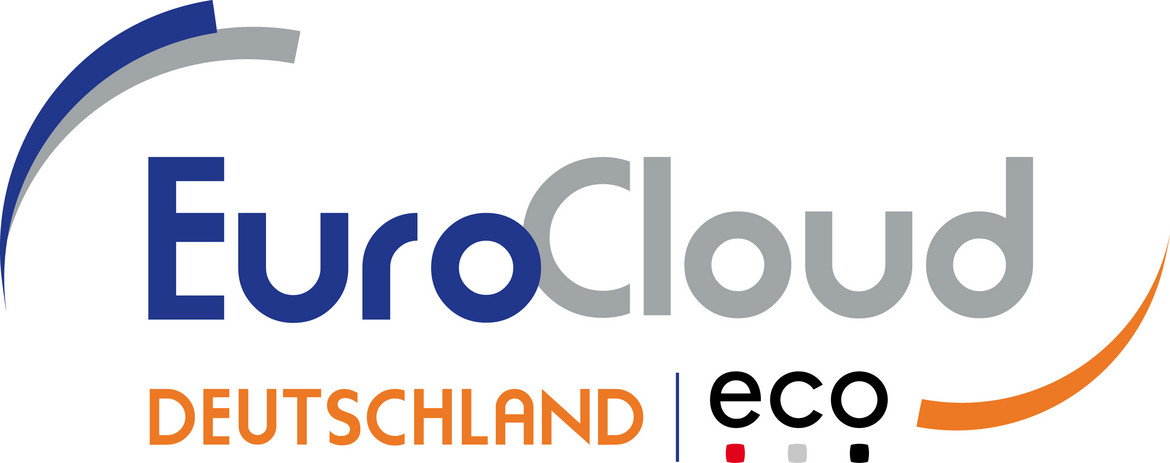AR and VR at Work: Industrial Service with Augmented Reality
Nils Klute on how AR and VR are being used to archive expert knowledge and train junior staff in the Service-Meister project.

© Zapp2Photo | istockphoto.com
Whether at work, in our spare time or on a date - no matter why or where people meet, Marc Zuckerberg wants us to meet virtually in his metaverse. The Facebook founder's vision is of an immersive fusion of real and digital life. Augmented and virtual reality (AR and VR) play a crucial role in this. Thanks to VR glasses, the next business meeting can be moved from the conference room to a Caribbean beach. Or families can get together in their living rooms via AR applications.
Lack of competence slows down progress
What Zuckerberg is planning for private life already has a future in industry. According to a study conducted by AR solutions provider PTC, 75 percent of German companies use the technologies or are planning to do so. The V/AR Application Centre published a (German-language) report in February 2021, examining where the use is particularly worthwhile. Mechanical and plant engineering are among the top application fields. For example, real-time 360-degree simulations can support engineers in design and development, assist technicians in repairs, or improve the training of apprentices. That said, a lack of skills has slowed down progress so far.
Technology dominates the curriculum
“There are almost no educational offers that deal with organizational, business, application-related, qualification or management-oriented issues in the V/AR context.”
No matter whether in studies or training, whoever is to work with AR and VR must acquire basic knowledge early on. Finally, cross-cutting technologies encompass a high number of knowledge domains. But according to the experts, there is a lack of competence profiles for the respective specialists across all sectors. It is true that public and private educational institutions, universities, and system integrators are launching their own courses, seminars and lectures. The problem is: Mostly driven by manufacturers, technology dominates the curriculum there. “There are almost no educational offers that deal with organizational, business, application-related, qualification or management-oriented issues in the V/AR context.” As a result, only a few companies recognize opportunities, benefits, and possible use cases.
Train, support and facilitate maintenance processes
Maintaining equipment, training technicians, and repairing machines – Škoda has already recognised what AR can do. The car manufacturer optimizes service processes and facilitates communication between teams. Special glasses support maintenance engineers, for example, by superimposing manuals, checklists, and documentation in the field of vision. While their hands remain free, users can share their view with others at any time or join video conferences with other experts to get advice.
Interest, convince and train new staff
Not only do the HoloLens help make repairs more error-free, safer and faster, but they also could interest more young people in technical professions. A goal that not only Škoda is pursuing.
In Singapore, AR and VR attract budding engineers to the aircraft construction sector. The students practice carrying out maintenance on landing gears and fuel tanks or go on excursions in the online world. “The tool can be useful for students who need access to training equipment that is expensive or unavailable,” says Boey Chee Kin from Temasek Polytechnic on govinsider.asia.Reaching places virtually that are difficult to reach in real life is an advantage that augmented three-dimensional reality also offers, for example when cathedral builders climb to the top of Cologne Cathedral. Via headsets, they analyse the façade for damage and plan repairs, as can be seen in a Youtube video from Northdocks: The VR provider created a digital twin for the cathedral in 2020.
Securing, passing on and preserving experiential knowledge
What makes SMEs more successful and competitive is simultaneously the logical and necessary answer to the upcoming generational change.
AR and VR can help not only when it comes to transferring the knowledge of experienced church builders. Take, for example, demographic development: “In the next few years, the baby boomers will retire along with their work experience,” writes automobil-produktion.de. “With them, valuable experiential knowledge often disappears”. Experiential knowledge that can be saved and passed on digitally via AR solutions. The AI project Service-Meister is no different: The speedboat projects are developing smart solutions to fill skills gaps. The AI tools that the consortium is realising are thus intended to enable less-trained professionals to perform complex tasks via AR and VR. What makes SMEs more successful and competitive is simultaneously the logical and necessary answer to the upcoming generational change.
Market volume for the metaverse: 18 billion Euro in 2020
BAIN’s experts are also certain: According to their study, more than 2 million skilled manufacturing jobs will not be able to be filled in 2025. The most effective measure to counteract this shortage is up-to-date training on AR. And the necessary prerequisite for this to succeed: Use cases and curricula with AR and VR that focus on business issues and clarify user requirements. Zuckerberg’s metaverse is no different. In terms of opportunities, benefits and business requirements, the expectations for this use case are crystal clear on the table: According to trend analysis by Market Research Future (MRFR), the market was valued at around 18 billion euros in 2020. It is expected to grow by an average of 42 per cent annually until 2030 – and the trend is rising.
Nils Klute is Project and Communication Manager at EuroCloud Germany. He is responsible for content marketing activities on topics such as Gaia-X and AI, supports initiatives such as Service-Meister, EuroCloud Native or systems integrators on their cloud journey. Prior to his start at eco in 2019, Nils worked as a corporate journalist for IT corporations (like SAP, T-Systems, and QSC at Cologne-based communication agency Palmer Hargreaves) and previously held public relations positions at market and economic research institutions.





